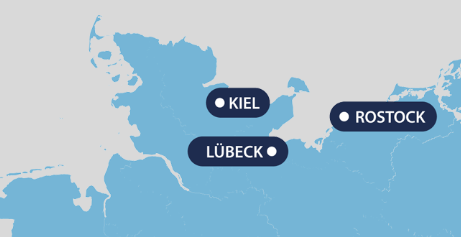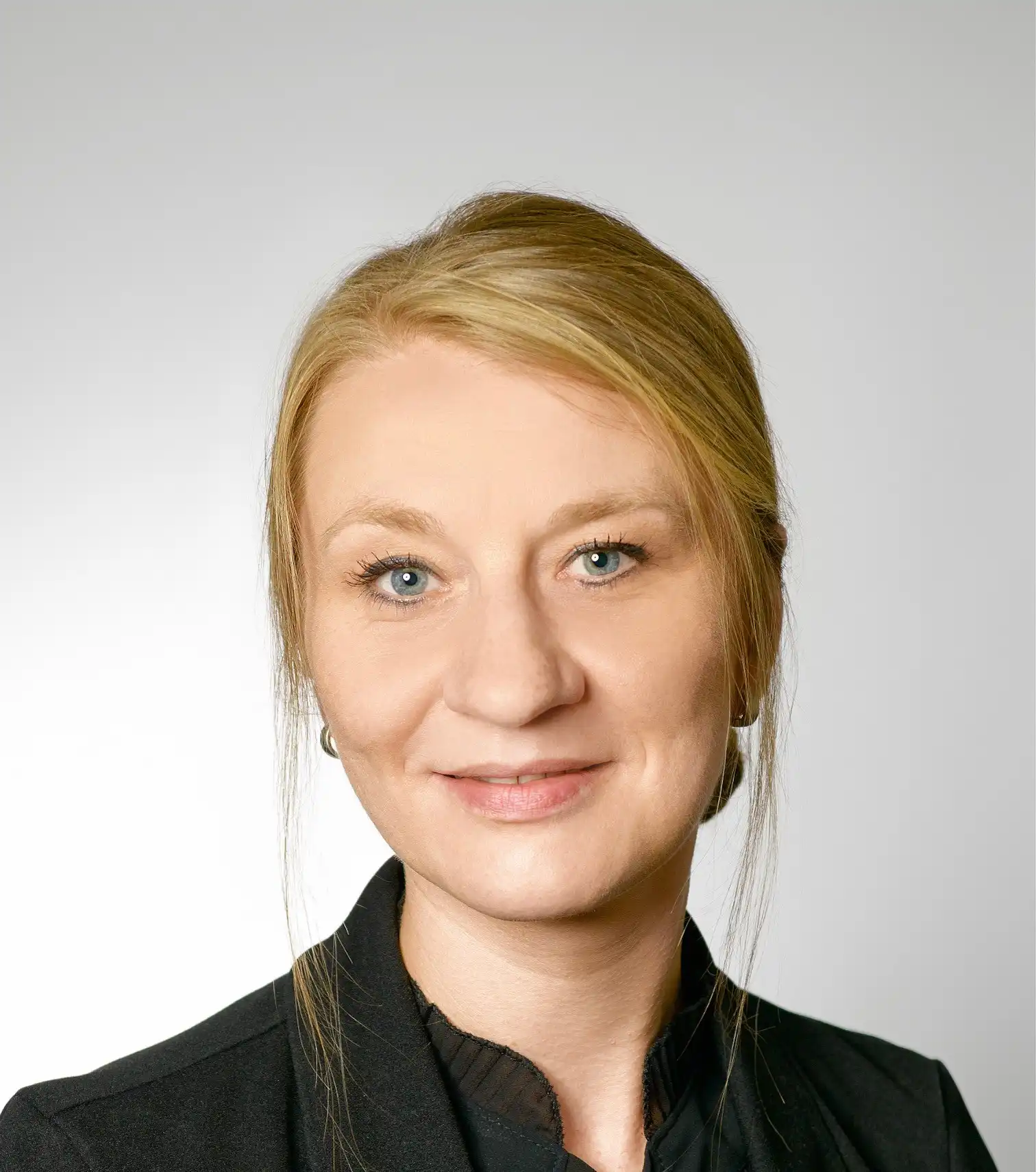So unterstützen wir Sie
Wir erleichtern Ihnen die Versorgung mit geeigneten Hilfsmitteln, Heilmitteln, Medikamenten und Ernährungshilfen und vernetzen Ihre Ärzte, Therapeuten, Sanitätshäuser und Apotheken.
Gesamtzahl der Teilnehmer mit ALS seit 2011
10422
Anzahl der Teilnehmer mit ALS nach Jahren (in Tausend, 2018 – 2025)
20 ALS-Zentren im Versorgungsnetzwerk

Ihre Ansprechpartner
Haben Sie Fragen? Wir helfen Ihnen gerne weiter!

Katja Werdermann
Fallmanagement

Barbara Hildebrandt
Fall- und Netzwerkmanagement

Felix Kolzarek
Datenmanagement, Support für ALS- und SMA-App

Dr. Senthil Subramanian
Clinical Research Associate

Pollen Eixab
Datenmanagement, Patientenservices

Dr. Ronja Schiemann
Clinical Research Associate

Albertina Shilongo
Datenmanagement, Patientenservices

Dr. Dr. Susanne Spittel
Medizinische Forschung, ALS-Apothekenprogram




